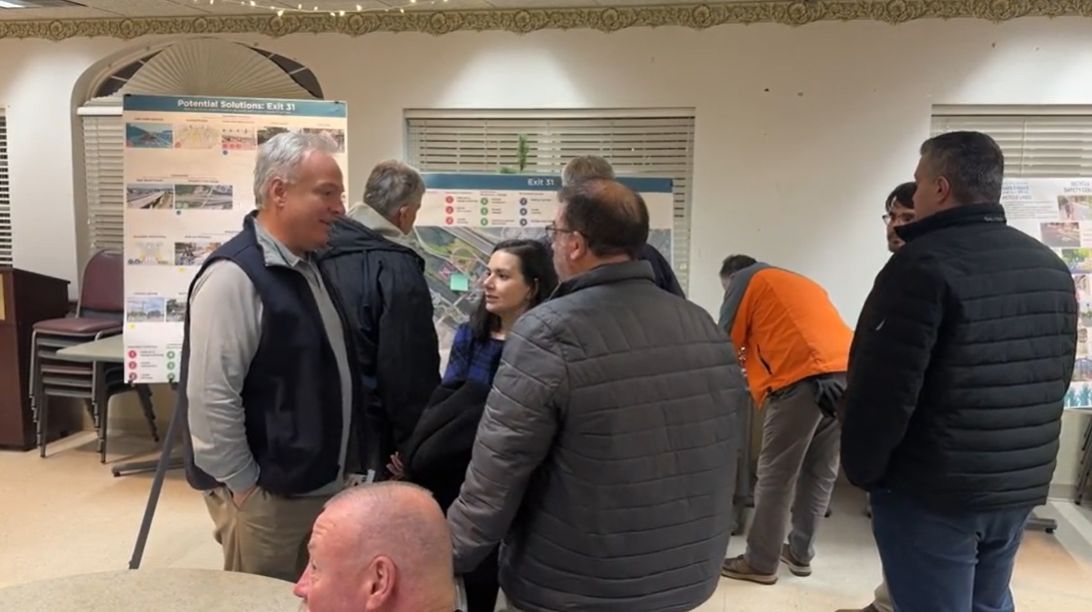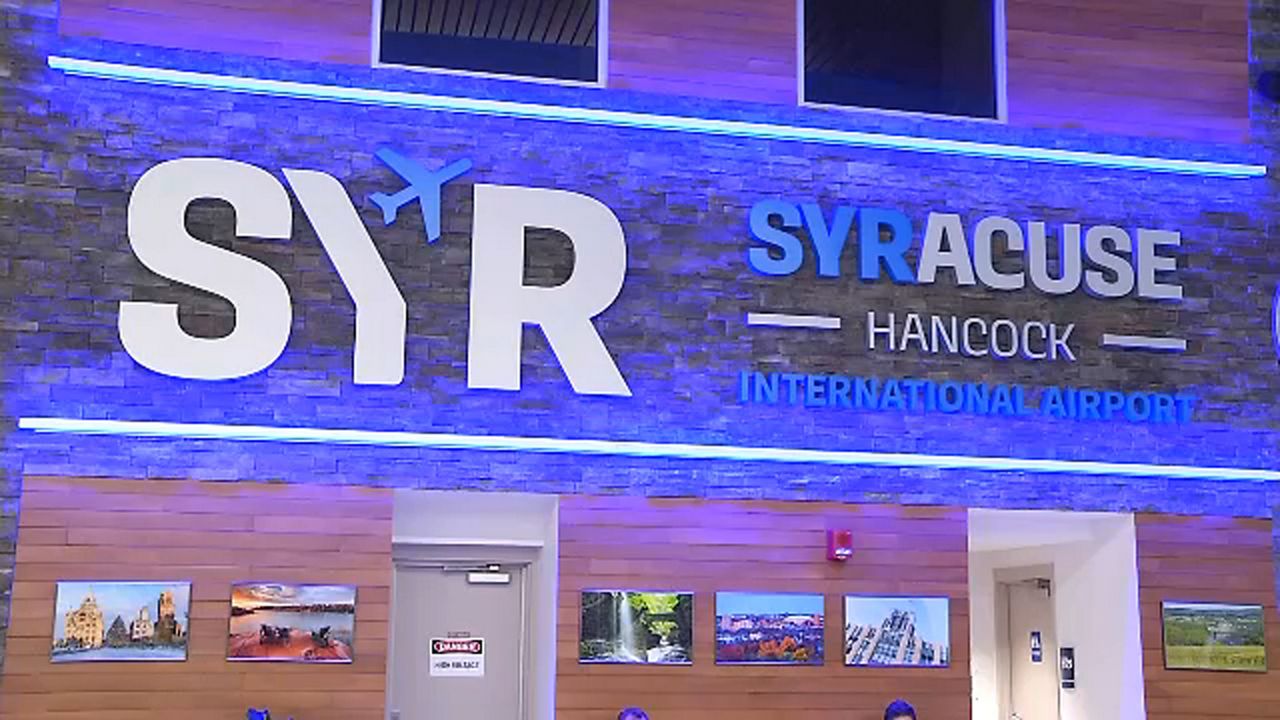Like many infrastructure projects across the nation from the prior century, the Interstate 81 viaduct in Syracuse divided neighborhoods. In this case, when the roadway was built, it split the Black community, helping to create nation-leading segregated poverty.
Throughout the entire leadup to the dismantling process, officials have talked about how they're fixing the wrongs of the past. Now, the New York Civil Liberties Union (NYCLU) is trying to hold them to it, and make sure new zoning ordinances don't leave communities of color out in the cold.
On Tuesday, the group rallied and heard from community members living in the shadow of I-81.
“My whole life, I’ve lived in Syracuse," said Rydell Davis, a Syracuse resident for 38 years who could lose his home.
Davis doesn't oppose the deconstruction of the I-81 viaduct, but how the way the land gained from it will be used.
“I’m glad that the highway is coming down, but the goal I’ve always been for is that land gets given back to the people it was taken from," he said.
Twenty-four acres of land will be available if the deconstruction of the viaduct goes forward. The recent passing of ReZone Syracuse has led to questions on how the land will be used.
State officials say the goal of ReZone is to preserve and enhance the city’s existing land use patterns, but the New York Civil Liberties Union is against it, believing it prioritizes commercial development over affordable housing.
Davis shares that opinion.
“Phew, it's sad," Davis said. "For me, it seems like common sense for people to understand that no one should suffer. And if you could help as far as giving the land back to the community and making sure that it's developed the right way, it should be done.”
The thought of losing your home because of construction related to I-81 isn’t new for the Black community in Syracuse. The original construction of the viaduct in the 1960s led to thousands of families being displaced.
“It shows me that money is more important than peoples' humanity," Davis said. "And when money is more important than lives in the people's community, the community is set up to be destroyed.”
Members of the NYCLU on Tuesday wrote a letter to the state Department of Transportation, urging it to maintain ownership of the land and make sure residents impacted can stay in their neighborhoods.
“The requirements are 30% affordable housing," said Lanessa Owens-Chaplin, the director of the Racial Justice Center for the NYCLU. "Making sure developers are working really closely with the community to meet the needs of the community as they state what their needs are, not what the city states what their needs are. And the other requirement is to create a community land trust.”
Davis wants the voices of the community to be heard, and won’t stop until they are.
“Advocating on social media, talk to friends, talk to family, attend all the events that I can attend, and constantly just push," he said.
At the rally, the NYCLU urged the community to go to the new I-81 outreach centers that opened in Syracuse. They're located at the Tucker Missionary Baptist Church on Oakwood Avenue and The Hills building on Montgomery Street. The church office is open on Tuesdays and Thursdays, while residents can go to the Hills Building on Mondays, Wednesdays and Fridays.










